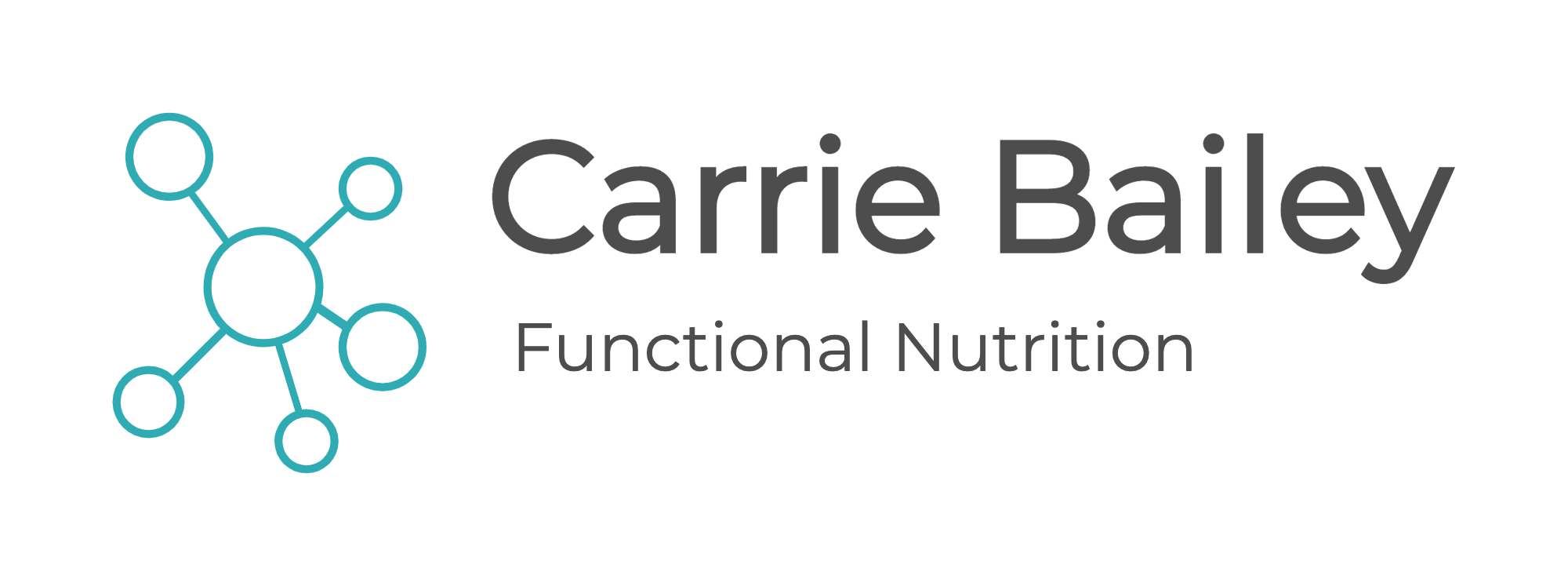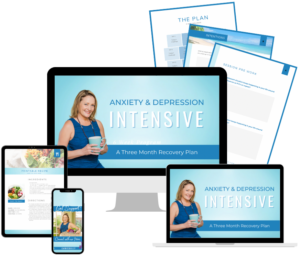Anxiety and depression are common mental health issues that many people struggle with. If you’re looking for ways to alleviate these symptoms and improve your overall well-being, there are several strategies you can try. In this article, we’ll explore the importance of B vitamins, magnesium, exercise, and calming your nervous system in managing anxiety and depression.
The Role of B Vitamins
B vitamins play a crucial role in supporting your nervous system and promoting a sense of calm. These water-soluble vitamins need to be consumed daily, especially since our bodies are constantly exposed to stressors. The pandemic, in particular, has taken a toll on our mental health, depleting our B vitamin levels.
One essential B vitamin is B12, which is critical for the nervous system, sleep, anxiety reduction, and improving depression symptoms. If you’re considering supplementing with B12, it’s important to choose a sublingual form that can be dissolved under your tongue for optimal absorption. Look for hydroxycobalamin, a precursor to methyl and adenol, which are two different forms of B12 that play key roles in supporting energy production and methylation. Starting with hydroxycobalamin is a safer option, allowing your body to determine its needs and where it needs to go.
In addition to B12, other B vitamins like B1, B2, B3, B5, and B6 are also important for mental health. While it can be challenging to find a multivitamin that includes all of these B vitamins, a product called B minus is a great option as it provides all the B vitamins without methylfolate, which some people may react to.
Folate, another important nutrient, is crucial for mental health. It’s important to avoid folic acid, which is a synthetic form of folate. Instead, focus on getting folate from your diet. Foods like lentils, chickpeas, and leafy greens are excellent sources of folate.
The Benefits of Magnesium
Magnesium is a mineral that many people are deficient in, and it plays a crucial role in calming the nervous system and promoting relaxation. One form of magnesium that is highly recommended is magnesium glycinate. It helps with sleep, supports the production of calming neurotransmitters like GABA, and can be beneficial for anxiety and depression.
When supplementing with magnesium glycinate, a starting dose of 250 milligrams twice a day is recommended.
The Importance of Zinc
Zinc is an essential nutrient that is important for various functions in the body, including brain health, immune function, and detoxification. Many people are deficient in zinc, especially if they have low stomach acid or follow a plant-based diet. Zinc sulfate is a recommended form of zinc supplementation, but zinc picolinate can also be effective.
Exercise for Mental Health
Exercise is a powerful tool for managing anxiety and depression. Numerous studies have shown that exercise can be as effective as antidepressant medication in improving mental health. Incorporating regular exercise into your routine can help boost your mood, reduce anxiety, and improve overall well-being.
You don’t need to run a marathon or engage in intense workouts to reap the benefits of exercise. Simply moving your body, breaking a sweat, and getting your heart rate up can make a significant difference. Aim for at least 30 minutes of moderate-intensity exercise most days of the week. This can include activities like brisk walking, cycling, swimming, or dancing.
Exercising outdoors in nature can provide additional benefits. Spending time in nature has been shown to reduce stress, improve mood, and increase feelings of well-being. So, if possible, try to incorporate outdoor activities into your exercise routine.
Calming Your Nervous System
Calming your nervous system is crucial for managing anxiety and depression. When your nervous system is overstimulated, it can exacerbate symptoms and make it difficult to find relief. Here are some strategies to help calm your nervous system:
- Remove over stimulating factors: Identify and eliminate any foods, beverages, or substances that may be overstimulating your nervous system. For example, if you consume excessive caffeine, consider reducing or eliminating it from your diet.
- Prioritize relaxation: Make time for activities that promote relaxation and stress reduction. Taking regular breaks, practicing deep breathing exercises, or engaging in activities like yoga or tai chi can help calm your nervous system.
- Epsom salt baths: Taking a hot bath with Epsom salts can be incredibly relaxing. Epsom salts contain magnesium sulfate, which can be absorbed through the skin and help promote relaxation.
- Meditation and grounding: Incorporate meditation and grounding techniques into your daily routine. Find a quiet space, close your eyes, and focus on your breath. Grounding exercises, such as walking barefoot on grass or sand, can also help you feel more connected to the earth and promote a sense of calm.
Tapping for Anxiety and Stress Relief
Tapping, also known as Emotional Freedom Technique (EFT), is a powerful tool for managing anxiety and stress. It involves tapping on specific acupressure points on the body while repeating positive affirmations. This technique can help release emotional blockages, reduce anxiety, and promote a sense of calm.
To practice tapping, start by identifying the specific issue or emotion you want to address. Then, create a statement that acknowledges the issue while affirming self-acceptance and love. For example, you could say, “Even though I’m feeling really stressed, I completely love and accept myself.” While repeating this statement, tap on the karate chop point on the side of your hand. Then, tap on other acupressure points, such as the top of your head, eyebrow, side of the eye, under the eye, under the nose, chin, collarbone, under the arm, and top of the head again.
By incorporating tapping into your daily routine, you can effectively manage anxiety and stress and promote a sense of well-being.
Conclusion
Managing anxiety and depression requires a holistic approach that addresses various aspects of your well-being. By focusing on the importance of B vitamins, magnesium, exercise, and calming your nervous system, you can take proactive steps towards improving your mental health. Remember to consult with a healthcare professional before making any significant changes to your diet or exercise routine.
What are you currently doing to manage your anxiety and depression? Share your thoughts and experiences in the comments below. If you’re looking for additional support, check out the anxiety and depression recovery guide in the description for recipes, tips, and tricks to help you on your journey towards recovery.



0 Comments